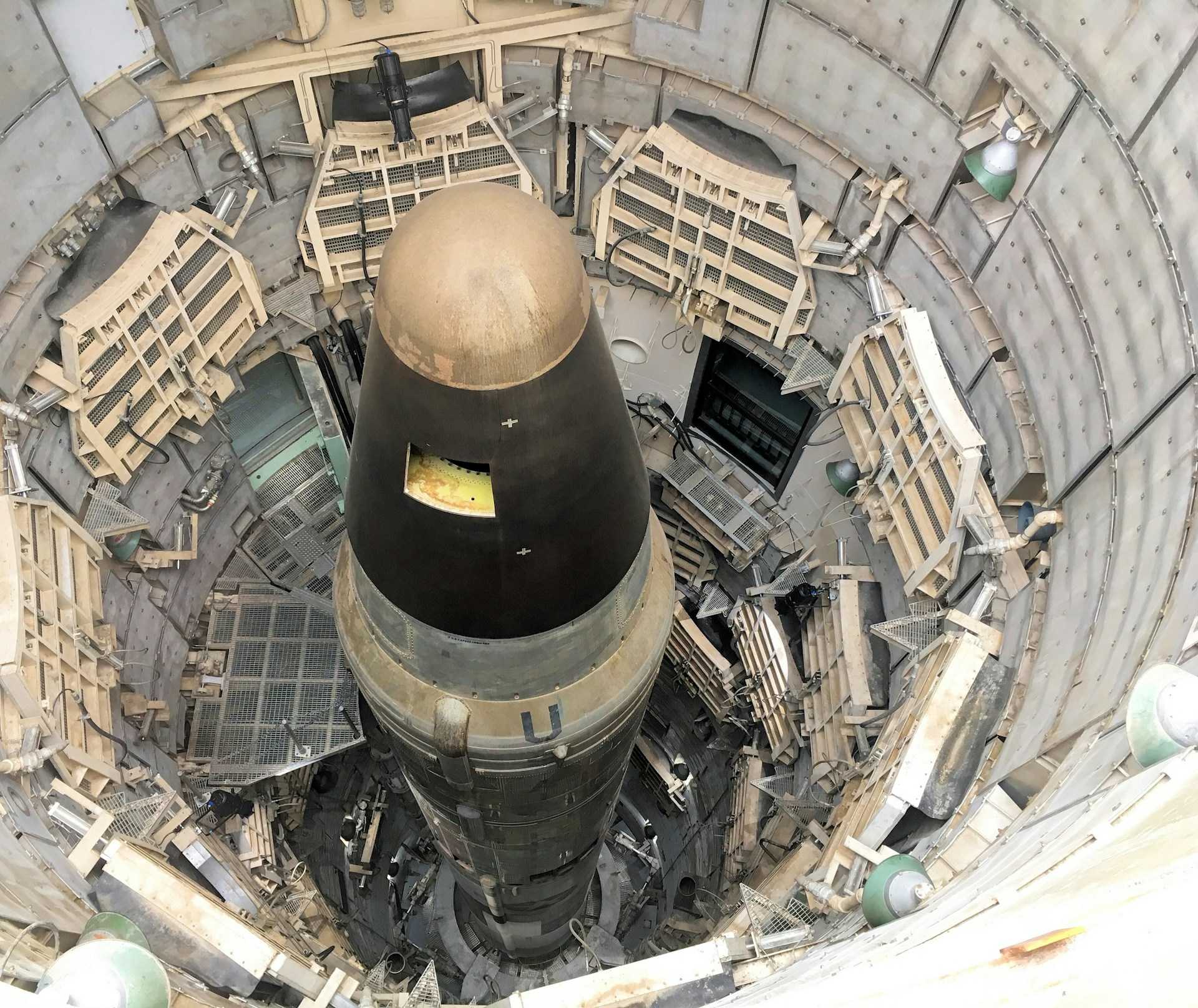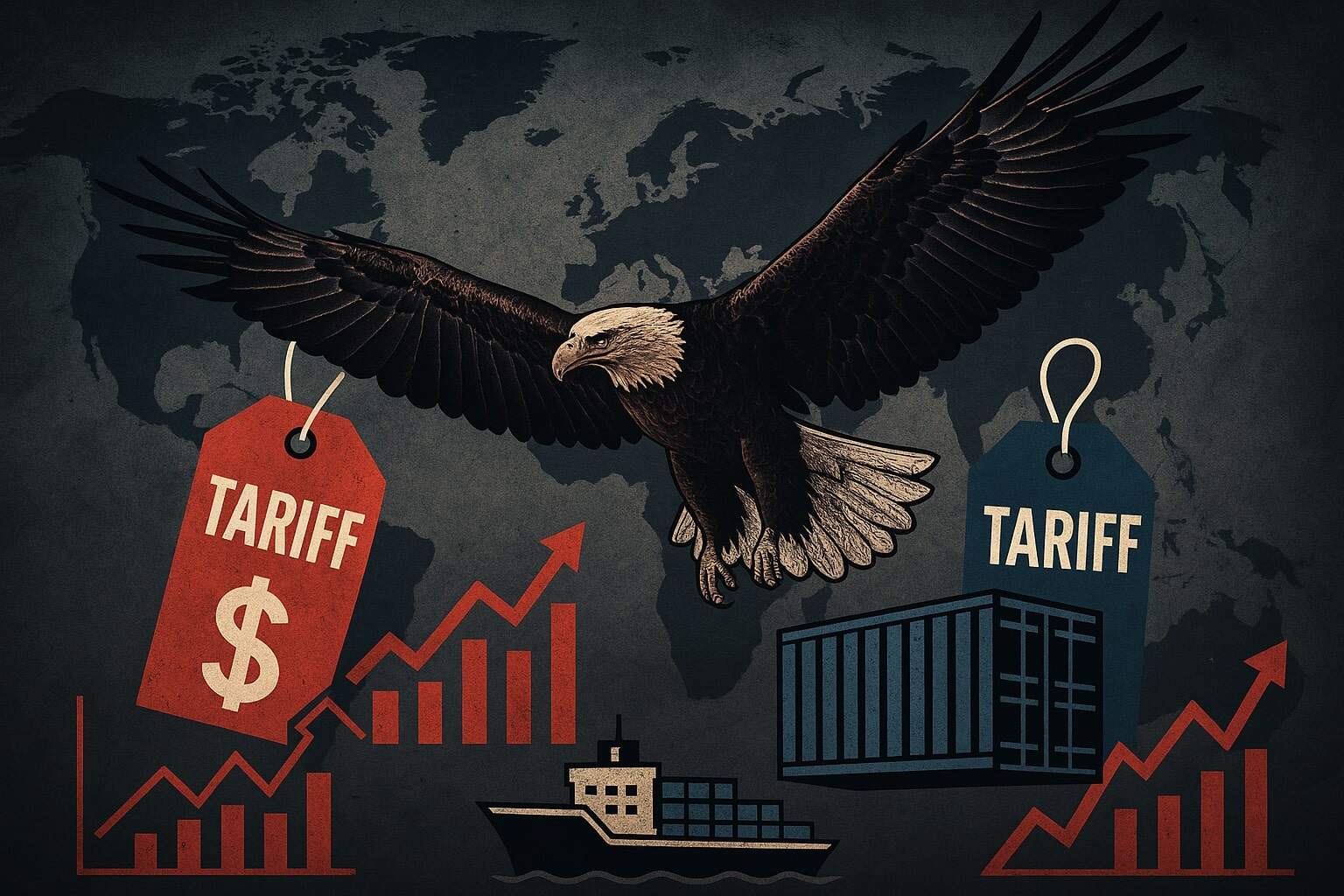
Missile Escalation in Ukraine: What ICBM Allegations Mean for Global Security
The article examines the critical developments following the delivery of long-range ATACMS missiles to Ukraine in October 2024. Key events include Ukraine’s precision strikes on Russian ammunition depots, Russia’s intensified retaliatory missile attacks on Ukrainian cities, and the deployment of North Korean troops to assist Russian forces. Mid-November saw the testing of Russia’s experimental “Oreshnik” hypersonic missile, escalating the conflict further.
On November 21, Russia allegedly launched an ICBM at Ukraine’s Dnipro, marking a dramatic escalation. Western analysts debated whether it was an ICBM or a long-range ballistic missile. This was followed by President Putin’s amendments to Russia’s nuclear doctrine, expanding the criteria for nuclear response to include threats supported by nuclear powers and severe challenges to sovereignty.
These developments, spanning advanced weaponry, international troop involvement, and shifting nuclear policies, underscore the intensifying complexity of the conflict as it enters its 1,000th day. The trajectory raises alarming global security implications.






